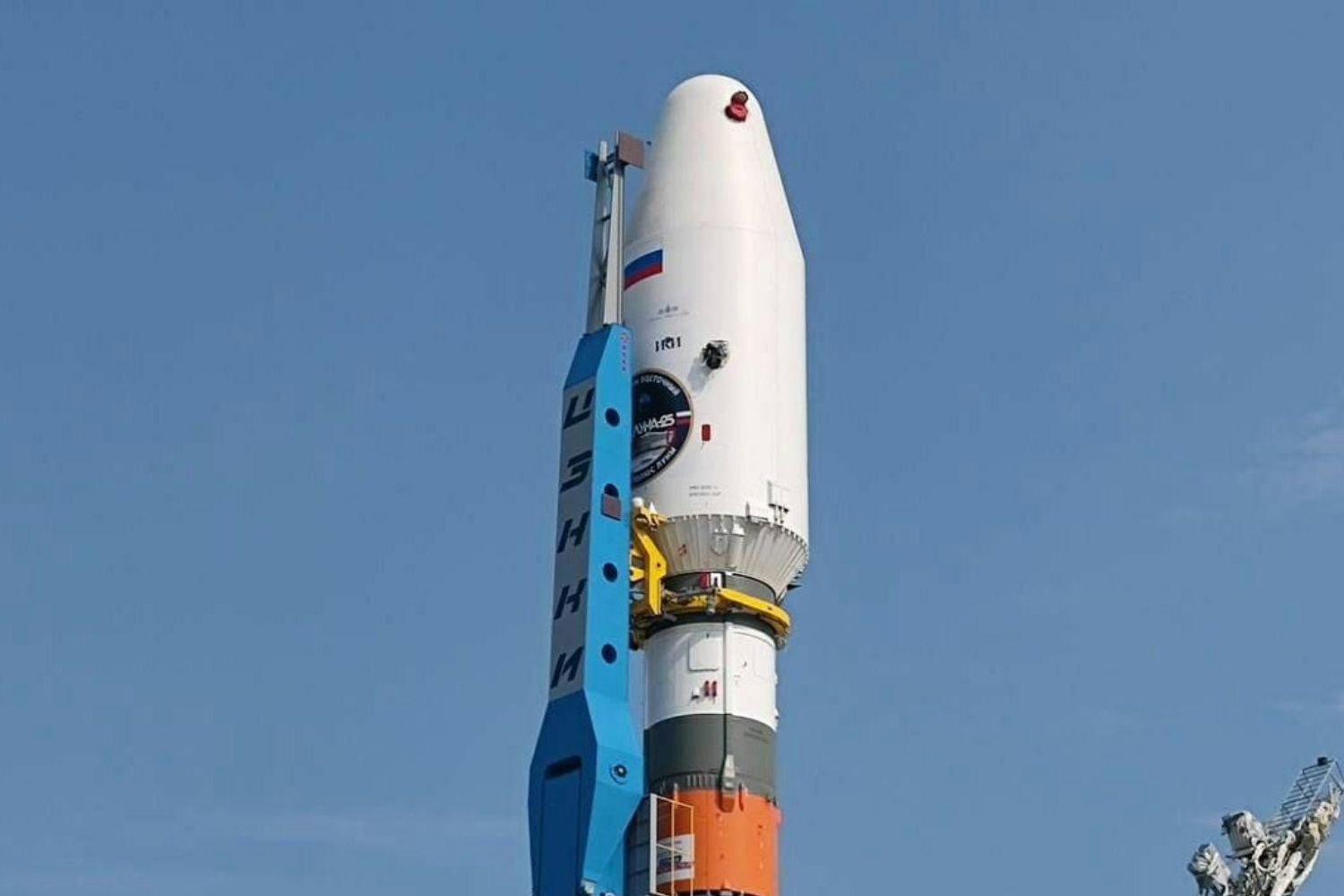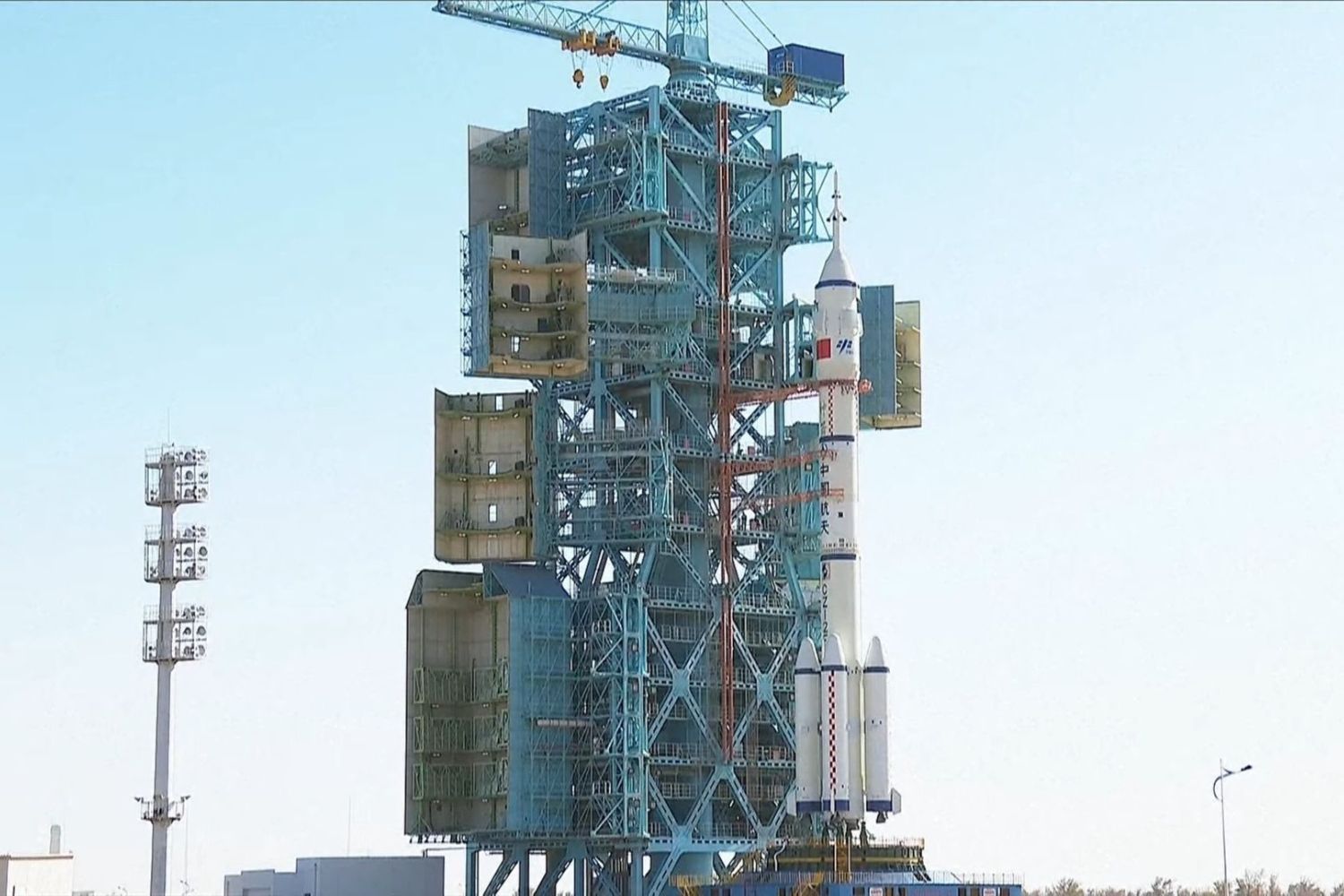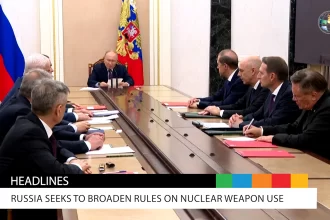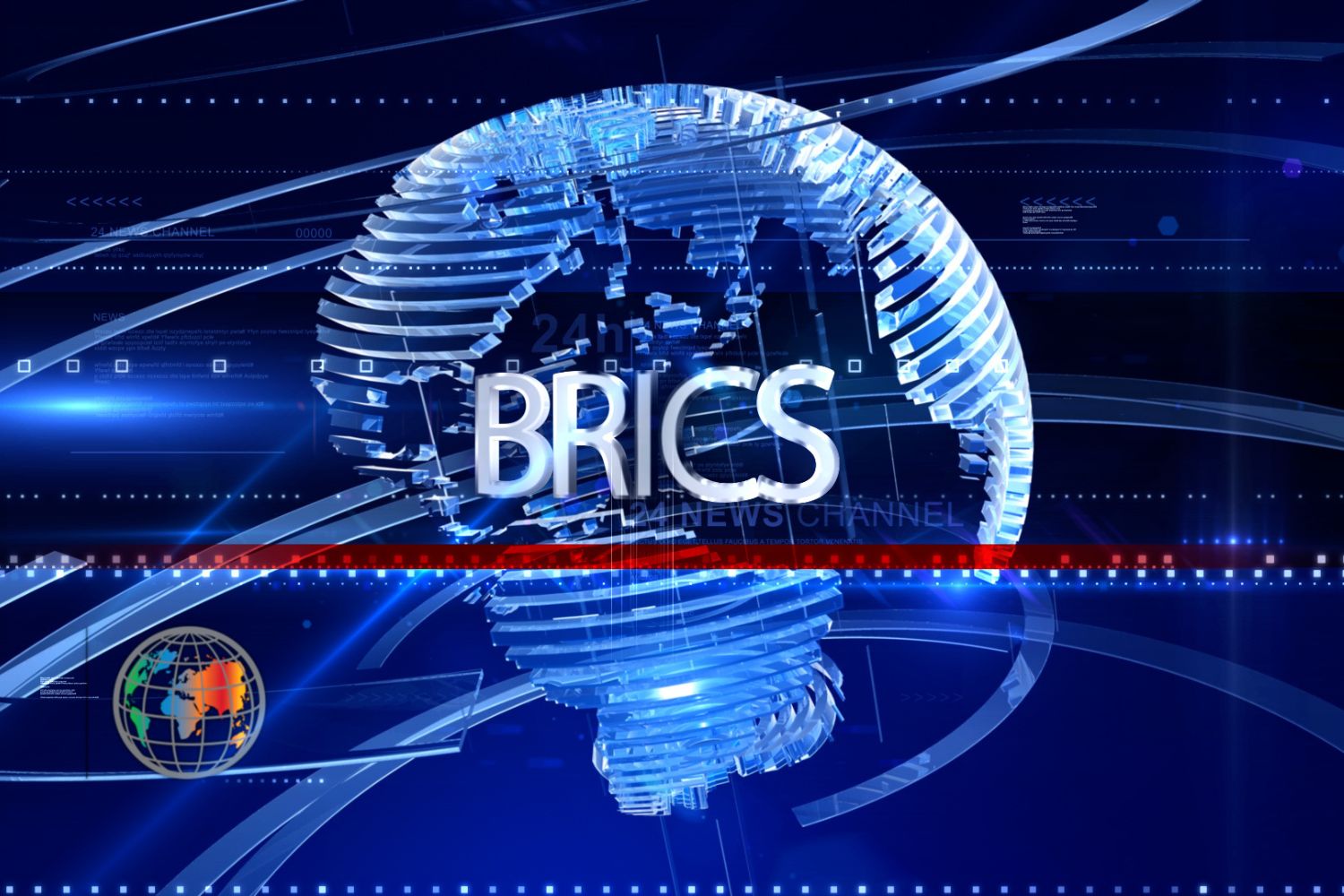Russia has embarked on a significant milestone in space exploration with the launch of its Luna-25 spacecraft, marking its first moon-landing mission in 47 years. The spacecraft aims to achieve the first soft landing on the lunar south pole, a region believed to hold valuable deposits of water ice.
This historic mission underscores Russia’s commitment to lunar exploration and its ambition to lead in space exploration endeavours. The Luna-25 mission aligns with Russia’s strategic goals in the global arena, showcasing its prowess in space technology and scientific advancement.
Moreover, in a bid to enhance collaboration in lunar exploration efforts, Russia has extended an invitation to BRICS countries to participate in joint research and exploration initiatives on the Moon. This invitation further emphasises the importance of international cooperation in advancing space exploration and unlocking the mysteries of the universe.
This initiative aligns with the broader theme of enhancing cooperation in space exploration among BRICS nations, as evidenced by various discussions and meetings focused on space projects and partnerships.
The invitation comes amidst growing interest in space exploration and collaboration among BRICS nations. Russia’s proposal opens the door to potential joint ventures and research initiatives that could significantly advance lunar exploration efforts.
The proposed collaboration underscores the importance of international partnerships in advancing space exploration and scientific discovery. As discussions progress, stakeholders eagerly anticipate the potential breakthroughs and discoveries that may result from this collaborative effort.
ALSO READ: Space exploration 2024: From the Moon’s south pole to an ice-covered ocean world













